 Photo by Ian Schneider on Unsplash
Photo by Ian Schneider on Unsplash
On 29th June, Vitae are visiting BU and running a series of events in one day to promote the Concordat to Support the Career Development of Researchers.
One of the events running 11-1pm will be focused on Engaging in professional development and is a workshop directed at researchers.
The workshop will introduce participants to tools to assist them in managing their own professional development planning, exploring concepts, and techniques to assist them in setting, pursuing and achieving their career goals. It will be based around the Researcher Development Framework (RDF) and how it can be incorporated into their planning to effectively support their career development.
The workshop will explore:
• What we mean by professional development planning
• Why it should matter to researchers
• The core skills and attributes of effective researchers
• How to identify one’s own skills and attributes
• How to approach building a career development plan
By the end of the workshop, participants will have developed an understanding of the key concepts of career development, considered their current skillset, and started to design a roadmap to bridge the gap between the two, using the RDF.
Booking can be made here – https://www.eventbrite.co.uk/e/vitae-conference-2022-tickets-348638736847
You can book on one workshop or all day. Other sessions include:
- An introduction to the Concordat, why it matters, and what BU is doing to engage with the agenda
- Supporting researchers’ professional development – a workshop for managers
- An informal discussion about where a PhD and a post-doc position can take you career wise (spoiler alert, it’s not just a traditional academic pathway!) and networking.
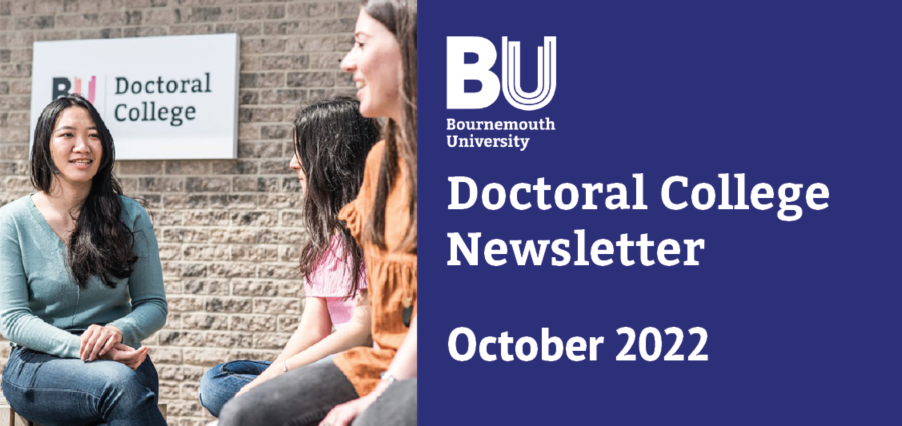
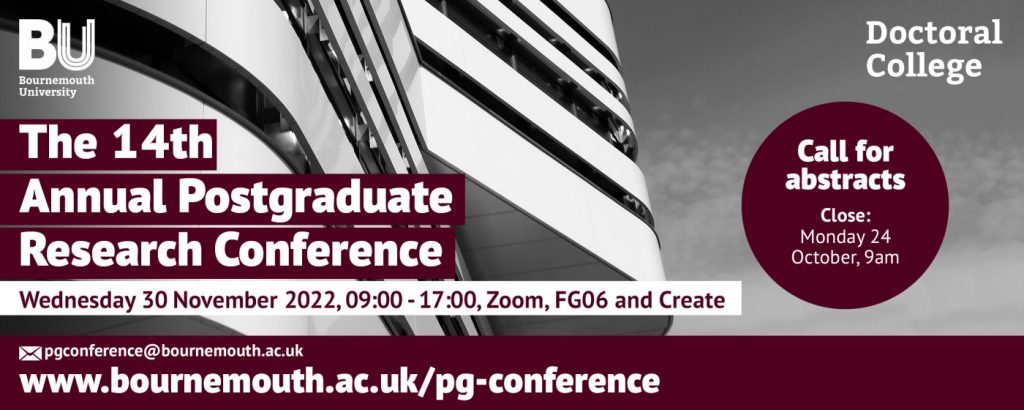


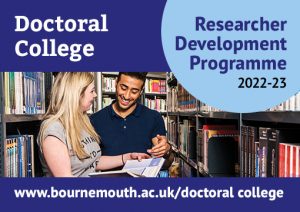
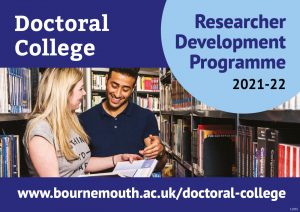
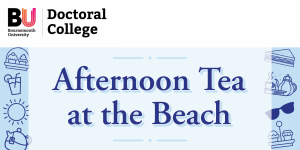


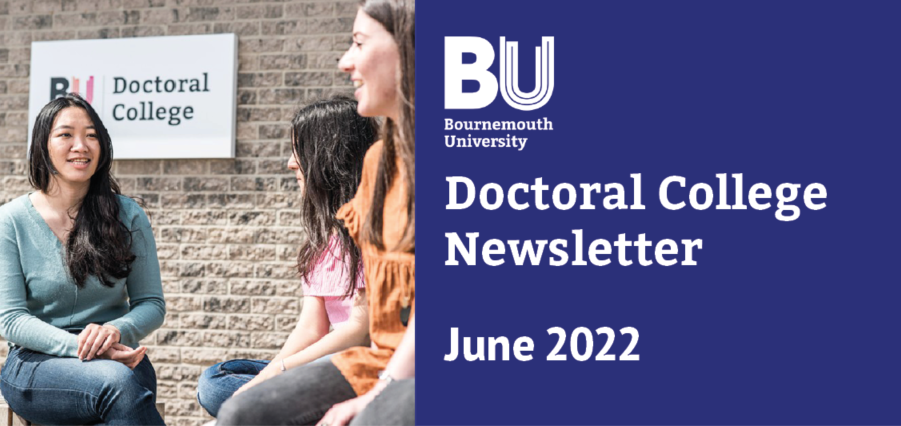

 Photo by
Photo by 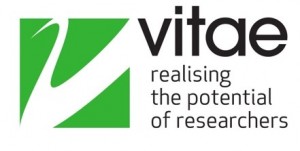
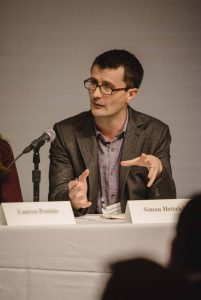











 REF Code of Practice consultation is open!
REF Code of Practice consultation is open! BU Leads AI-Driven Work Package in EU Horizon SUSHEAS Project
BU Leads AI-Driven Work Package in EU Horizon SUSHEAS Project Evidence Synthesis Centre open at Kathmandu University
Evidence Synthesis Centre open at Kathmandu University Expand Your Impact: Collaboration and Networking Workshops for Researchers
Expand Your Impact: Collaboration and Networking Workshops for Researchers ECR Funding Open Call: Research Culture & Community Grant – Apply now
ECR Funding Open Call: Research Culture & Community Grant – Apply now ECR Funding Open Call: Research Culture & Community Grant – Application Deadline Friday 12 December
ECR Funding Open Call: Research Culture & Community Grant – Application Deadline Friday 12 December MSCA Postdoctoral Fellowships 2025 Call
MSCA Postdoctoral Fellowships 2025 Call ERC Advanced Grant 2025 Webinar
ERC Advanced Grant 2025 Webinar Update on UKRO services
Update on UKRO services European research project exploring use of ‘virtual twins’ to better manage metabolic associated fatty liver disease
European research project exploring use of ‘virtual twins’ to better manage metabolic associated fatty liver disease